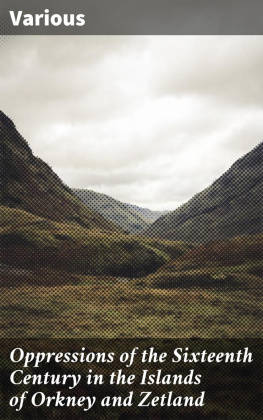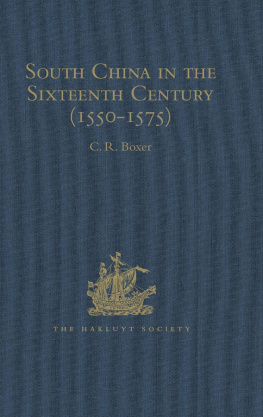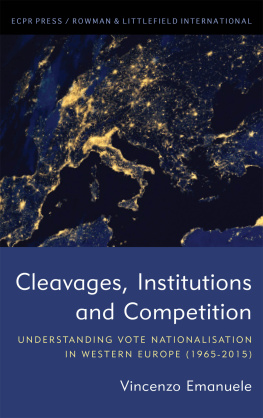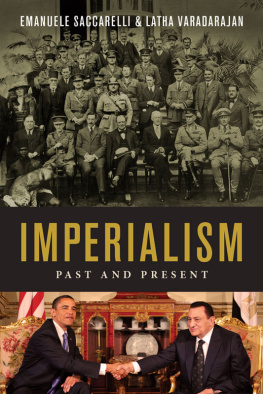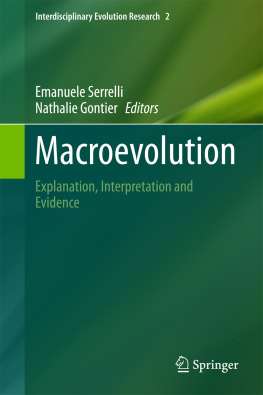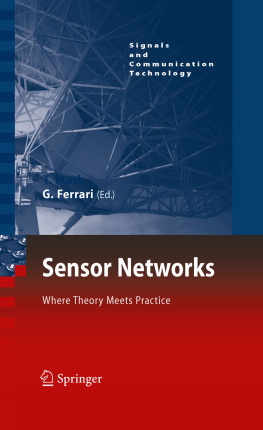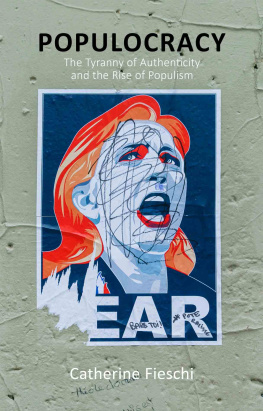THE CONSPIRACY
OF
GIANLUIGI FIESCHI.
Painted by Luca CombiasoEngraved by H. Adlard.
PORTRAIT OF FIESCHI AS S. T GEORGE.
SEE PAGE .
SAMPSON LOW, SON & MARSTON, MILTON HOUSE, LUDGATE HILL, 1867
THE CONSPIRACY OF GIANLUIGI FIESCHI ,
OR,
GENOA IN THE SIXTEENTH CENTURY.
BY
EMANUELE CELESIA.
TRANSLATED FROM THE ITALIAN,
BY
DAVID H. WHEELER.
LONDON:
SAMPSON LOW, SON & MARSTON,
MILTON HOUSE, 59, LUDGATE HILL.
1866.
[The Right of Translation is Reserved.]
PREFACE.
It is perhaps matter for just surprise that English literature has been so little enriched during the last quarter of a century by archivic researches in Italy. While these studies have greatly modified the views of Italian historians, it may be safely said that, with few exceptions, English history of Italy remains substantially as it was in 1840. The conspiracy of Gianluigi Fieschi, now presented to the English reading public, is one of those works which strongly mark the progress of historical research in the Italian Peninsula; and though it treats of an episode, that episode is so woven into the great events which surrounded it as to give a vivid picture of the condition of Italy in the sixteenth century. The work has therefore seemed to me to have sufficient historical value to merit translation into our language.
I have been more influenced, however, by a desire to make some of those who read only English acquainted with an Italian author who seems to me entitled to a larger public than his own people. There is no good reason why a greater number of Italian writers should not be favoured with an English dress; and it is probably more the effect of accident than want of merit in Italian writers that their works are much more rare in our tongue than those of French and German authors. The younger historical writers of the time, to which class M. Celesia belongs, have peculiar claims upon our attention, because they are the first truly independent writers of the Peninsula, and their works are the first fruits of liberal institutions and a Free Press. It would be only a first homage to their worth and sincere devotion to liberal principles to translate their best works into our language rather than absorb the substance of them into our own books. This reasoning has induced me to turn aside for a little while from the labour of preparing a history of Genoa to render M. Celesias beautiful Italian into an English, which I freely confess to be imperfect in comparison with the original.
The first impression of the general reader may be that this book treats of events so distant in time, and so different in moral scenery, from the political and social conditions in which we live as to afford little or no instruction to us. No history, except that of ones own country, affords precise forms in which to mould the present; and what are called historical parallels do not really exist, since every series of political events has peculiar elements which make close analogies with any other series impossible. Those who quote events in the history of other times and peoples as containing precise instruction for present national action usually deceive their auditors all the more completely from being deceived themselves. It is only in the abundant matter of general principles that history contains lessons of political wisdom. In this sense the work before the reader is not without valuable instruction. M. Celesia has given us a view of the social and political condition of the masses who have too often been excluded from history because they had been excluded from power in the state.
We see, in fact, some painful scenes of that long tragedy which ended in the disfranchisement of the Italians, in the very period when most other European nations were making the bases of their institutions broader by enlarging the liberties of their peoples; and we see clearly that two vast despotismsone reposing on a fiction of the continued life of the Roman Empire and the other on a perversion of the principle of Christian Authorityconspiring now together, now against each other, bewildered the intellect and destroyed the political vitality of Italy, gradually reducing her to a mere geographical expression. The people struggled in vain, partly because they struggled blindly, partly because a pernicious error placed them in exceptional conditions by stripping them of a part of their rights avowedly in the interest of humanity at large. So far this struggle was peculiar in form; but at bottom it was a struggle for popular rights, and its disastrous close is here shown to have been due to no fault of the people themselves. It is just here that less than justice has been done to the Italians, and this work well illustrates the stupendous falsehood which slew them.
Our interest in this error might be less if it were dead; but it lives and embarasses the Italians of our own day. We have just been gravely informed by a French statesmen that Rome does not belong to Italy, but to the whole catholic world; and the statement is a key not only to current Italian difficulties but also to the failure of the nation to keep pace with the rest of Europe in the sixteenth century. Then, more than now, other nations conceived themselves to have a mission to preserve institutions which Italy was disposed to condemn and abolish. Then a larger number of Italians than now were bewildered by the legal or historical claim set up for a dead Empire and a Christian Church founded upon force, and in their bewilderment went over to their enemies. But below all this, a brave people struck manful blows for their salvation, and when they fell were suffocated with the terrible doctrine that Italy does not belong to herself. The statement of Count Persigny was and is, in its political significance, when applied to Italian politics, exactly like a declaration that London does not belong to England or Paris to France.
I do not forget that the falsehood has been acted upon as a truth in Italy for some centuries; but political piracy cannot win the moral approval of our times on the plea that it has been practised for a long period. The real effect of the doctrine, whatever be its force from a history made by applying it, is to condemn a whole people to a certain dependence on other nations, to give France, Austria and Spainor to go back to the sixteenth century, France and the Empirerights or duties in Italy which must impair the rights of the Italians. A creed which has this fatal element may be pushed to its logical consequencethe assassination of a nation. In the sixteenth century this was done. It was crueltoo cruel to be describedwhen history accused the fallen of cowardice, incapacity for liberty and superstitious devotion to Rome. From such atrocious slanders, the Italians of the sixteenth century deserve a vindication. M. Celesia has felt this part of his office so warmly that his word may seem those of an advocate rather than of an historian to those who forget the wrongs done to his people in the name of history. But he who fully weighs the injustice against which our author protests will rather wonder at the moderation and critical calmness of the greater part of the book than complain of the glow of honest indignation which lights up some of his periods.



